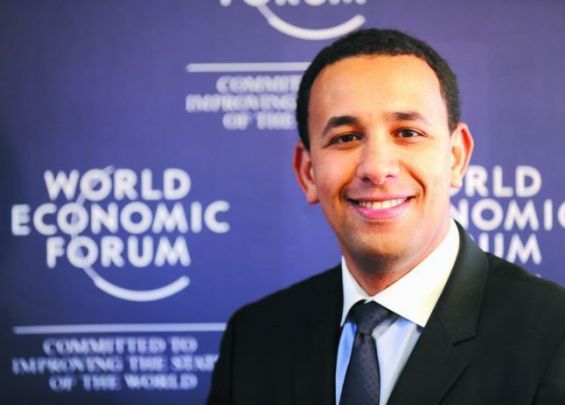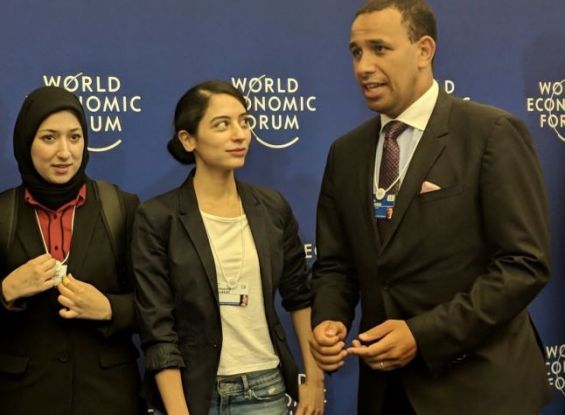He insisted to undertake his studies at a public school in Rabat, before enrolling in Akhawayn University in Ifrane. «Thanks to a scholarship and a loan», Wadia Ait Hamza told Yabiladi.
The Rabat-native, born in 1982, has been heading the Global Shapers Community since 2017, a few years after he settled down in Switzerland.
The former Policy Center for the New South «Emerging leader», left Morocco in 2013 for Switzerland, where he spent five years. After deciding to go for «international studies», the young man went to the United States for an exchange year. He then started a Master's degree in Euro-Mediterranean studies in Spain and Italy.
«After getting my degree, I worked for Toyota and then joined the academic sector by working at the School of Governance and Economics in Rabat», he recalled.
«I had the opportunity, later, to work with the World Economic Forum in Geneva. I have been there since 2013. They contacted me in 2011 when they launched a new community for young people».
Young people and decision-makers
Managing the MENA region within the Global Shapers Community, Ait Hamza became the head of the body, created by the World Economic Forum, in 2017.
«The community brings together 8,000 young people from 165 countries. It is a platform for young people that allows them to flourish and work on the development of their environment», he explained.

According to Ait Hamza, «50% of the world's population is under 30 years old». Not all of these young people are involved in decision-making, Wadia Ait Hamza said. To him, the Global Shapers Community is working on making that possible through meetings that are attended by state leaders, businessmen and heads of international organizations. «Our objective is to enable young people to meet these decison-makers and learn from them», explained Ait Hamza.
As for Morocco, the young man stated that the process is slow there, referring to the governmental institutions like the parliament.
Young people, education and integration
Wadia Ait Hamza believes that «we must dismiss the idea that young people are a problem to solve». «It's more of an opportunity and young people are part of the solution. We cannot put solutions in place without including the people who are concerned», he says.
«For the moment, there is a willingness in Morocco but it is not applied, neither at the level of the private sector, nor at the public level. There is still room for improvement and we have a lot to do. The majority of technologies that are shifting our way of life, our society, are created by young people. It is therefore crucial to integrate them into the thinking process».
«If I am where I am now, it is because of the myriad of student activities that I took part to at the university», he admits, insisting on the need of «thinking outside the box» for the educational system of the countries, and even vocational training. For him, «35% of business leaders, the largest CEOs in Switzerland for example have never attended university and have arrived where they are today through vocational training», he recalls.
«The model as we see it today is not the answer. It is the young people who can bring back and share new ideas and that is why it is important to integrate them, not to create a revolution but to help the system move forward», he concludes.





 chargement...
chargement...













